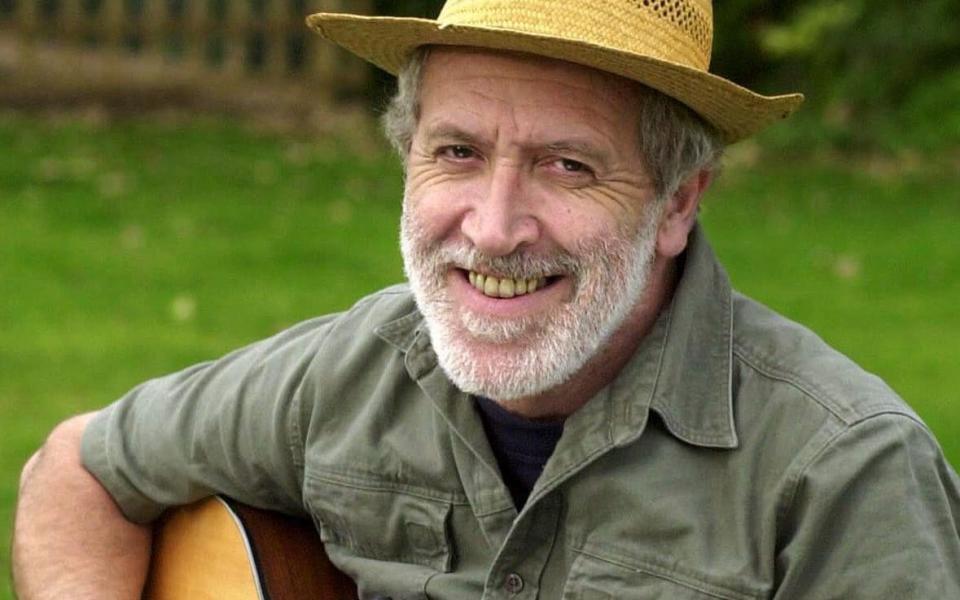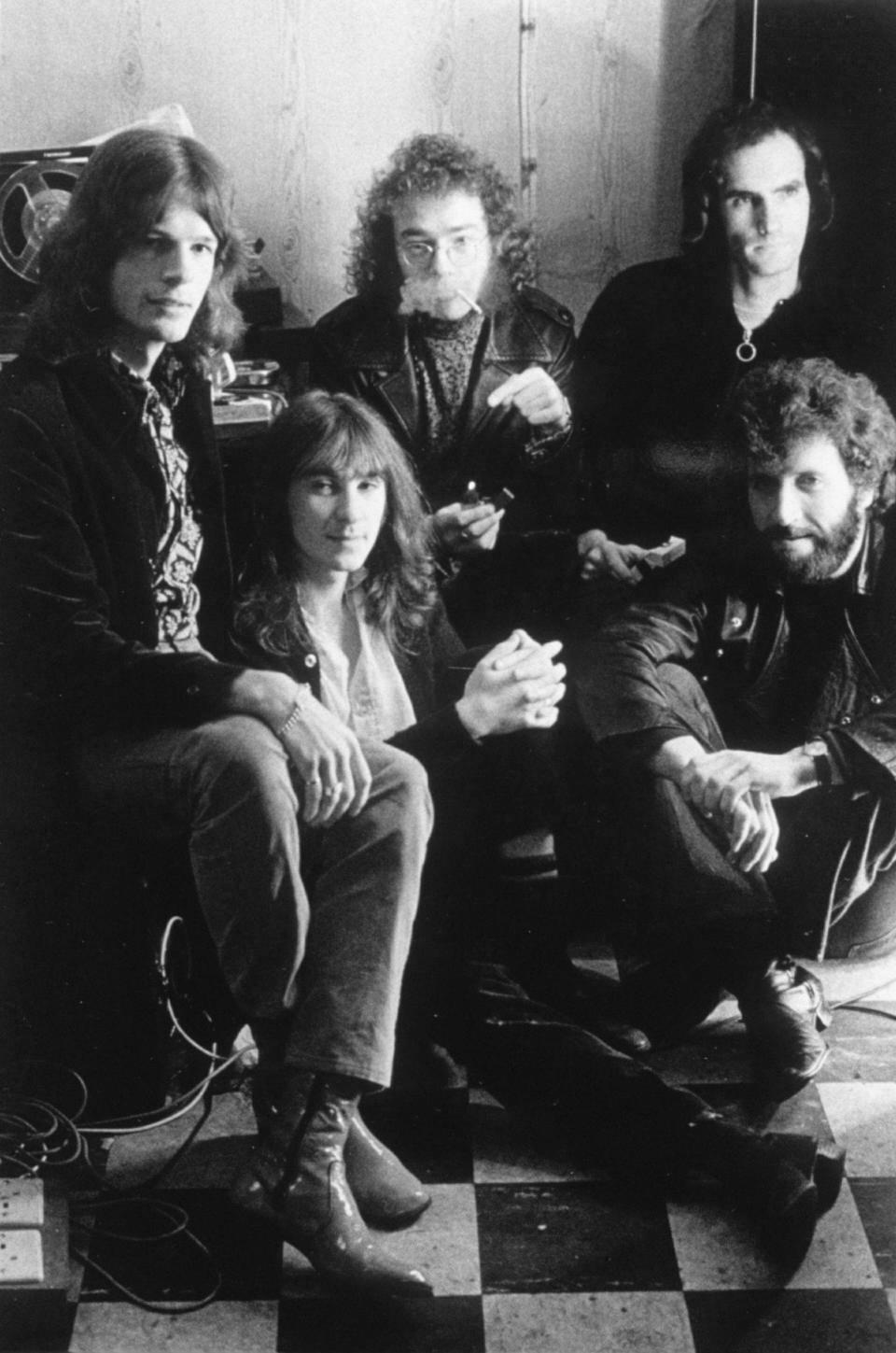Gordon Haskell, pop veteran who shot to late-career success with How Wonderful You Are – obituary

Gordon Haskell, who has died aged 74, was briefly vocalist with the prog rock band King Crimson in the late 1960s, but spent most of his career as a journeyman singer-songwriter until 2001, when his lush jazz ballad How Wonderful You Are became the most requested song in the history of Radio 2 and narrowly failed to top the charts at Christmas.
Haskell liked to relate how the final verse had come to him during a shopping trip to Safeway with his 82-year-old mother, and he then borrowed £200 from his manager for recording the demo, posting copies to Radio 2.
He had originally entertained ideas of a career in the police force after leaving school, but music was his real interest, and by the mid-1960s he was playing bass guitar with the Southampton group the Fleur de Lys.
While they were waiting – vainly, as it proved – for their psychedelic sound to be embraced by the public, they worked as session musicians for Atlantic Records in London.

Haskell gigged with visiting R&B stars such as Otis Redding and Isaac Hayes and was much influenced by a meeting with Donald “Duck” Dunn of Booker T & the MGs. He lived in a flat in South Kensington owned by Ringo Starr and let to Chas Chandler of the Animals. Jimi Hendrix stayed with them, on his first visit to Britain, and played with Haskell on several occasions.
Having discovered that the band were being ripped off by their manager – a familiar complaint of Haskell’s – he left to join The Flower Pot Men when Nick Simper and Jon Lord quit to form Deep Purple. Soon, however, Haskell agreed to a request from Robert Fripp, with whom he had been at school, to replace Greg Lake as bass player for King Crimson.
Subsequently he became the group’s singer, recording most of the LP Lizard (1970). He felt, however, that his vocal range was not suited to the music and his intuitive approach to performance increasingly at odds with that of Fripp. After nine months, Haskell left, without ever having appeared live with the group.

For the next three decades he paid his way with stints such as backing Cliff Richard on tour. In 1969, he had released his first solo LP, Sail in My Boat, and more records occasionally followed, notably Hambledon Hill (1990). Yet by the late Eighties Haskell’s debts were such that he fled to Scandinavia, where for several years he played to bar patrons six nights a week. Paradoxically, he thought the experience much improved his voice.
Aged 55, his luck changed when copies of How Wonderful You Are reached the desks of the influential Radio 2 disc jockeys Ken Bruce and Johnnie Walker. Given generous airtime on Walker’s drivetime show, the syrupy ballad, accompanied by Paul Yeung on saxophone, went on to become more requested on the station than The Beatles or Frank Sinatra.
Released as a single before Christmas 2001, it just failed to pip to No 1 Robbie Williams and Nicole Kidman’s version of Something Stupid, while Haskell’s album Harry’s Bar reached No 2 in the new year.
He was signed to a multi-album deal, said to be worth several million pounds, which he called “back pay” for his years of toil.
For the first anniversary of the 9/11 attacks, How Wonderful You Are was promoted by a record company spokesman as “perfect for the sad occasion”.
Characteristically, Haskell soon undermined his newfound success, falling out with his management and record label over his refusal, as he saw it, to play the corporate game. He claimed the music industry had rigged the chart to ensure that Williams (who had just signed a huge deal) reached No 1.
Haskell continued to be outspoken in his criticism of capitalism and the media in recent years. “At 74, I can say it,” he observed, “because I no longer give a s--t.”

Gordon Haskell was born at Bournemouth, Dorset, on April 27 1946. His mother Kathleen had been left a widow with two small children when, in 1943, her husband Wing Commander Walter Haskell DFC was shot down while bombing the Peenemunde rocket factory.
She subsequently had a brief relationship with an American pilot of Greek descent, Harry Hionides, who later became a professor and lexicographer. Gordon, who was educated at Queen Elizabeth Grammar School, Wimborne, only learned his true parentage in his teens.
The ups and downs of his career were said to have put paid to several marriages and he was reported in the past to have lost contact with his children. In 2008, newly married to Sue, he moved to the Greek island of Skopelos, where he said he felt at peace.
Haskell’s memoir, The Road to Harry’s Bar, published in 2005, was subtitled “Forty years on the potholed path to stardom”.
He returned to Britain in 2016 and released his final album, The Cat Who’s Got the Cream, this year.
Gordon Haskell, born April 27 1946, died October 16 2020

 Yahoo News
Yahoo News 